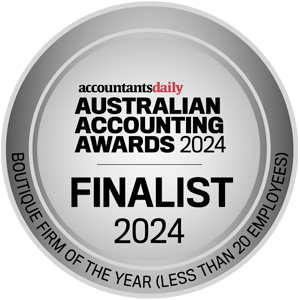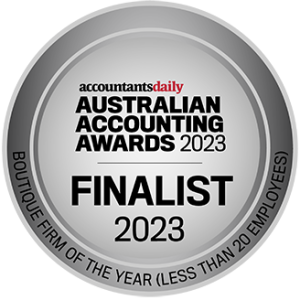A change to the ATO’s rulebook is coming into force on 1 July 2025, and it’s one that could impact how organisations or businesses manage tax debt going forward. From this date, the General Interest Charge (GIC) and Shortfall Interest Charge (SIC) will no longer be tax deductible – even if they relate to existing ATO payment plans.
At a time when the GIC interest rate sits at 11.17%, this is more than just a technicality. For businesses and taxable not-for-profits, it could mean a real hit to your bottom line unless you are planning ahead.
What’s Changing?
The update means that any GIC or SIC incurred on or after 1 July 2025 will no longer reduce taxable income. These charges, previously deductible, will now count as a full expense – without the tax offset.
Interest charges incurred before this date will remain deductible in the 2024–2025 or earlier tax years.
Why Does It Matter?
Carrying tax debt has always come at a cost, but from 1 July 2025, that cost will increase. With interest rates on tax debt currently above 11%, the removal of the tax deduction means that organisations will now feel the full financial impact of any unpaid tax.
This change is particularly important for those already working within tight financial limits. While some may be able to explore alternatives – such as repaying debt more quickly or refinancing at a lower interest rate – others may need to carefully review their budgets and financial strategies to manage the shift.
What Can You Do?
With the changes just around the corner, it’s a good idea to start preparing now; some ideas include:
- Taking a fresh look at your budget for the 2025–26 financial year, especially if you are carrying any tax debt. From 1 July 2025, interest charges on unpaid tax won’t offer any tax relief.
- Try to reduce any existing tax debt as soon as possible. The longer it stays unpaid, the more interest builds up – and at current rates, that adds up quickly.
- Explore other options for managing repayments, such as low-interest loans or payment plans that may offer more flexibility or lower costs overall.
- Stay on top of your tax lodgements and aim for accuracy in your returns. Preventing tax debt from happening in the first place is the best way to avoid high-interest charges later on.
Speak to our team
The changes are significant – but manageable with the right strategy in place. Now is the time to speak with the NDA team, particularly if you’re already managing ATO debt or have tight cash flow.
If you’re unsure how these rules apply to your business, our team is here to help you prepare for the transition. Get in touch now.






